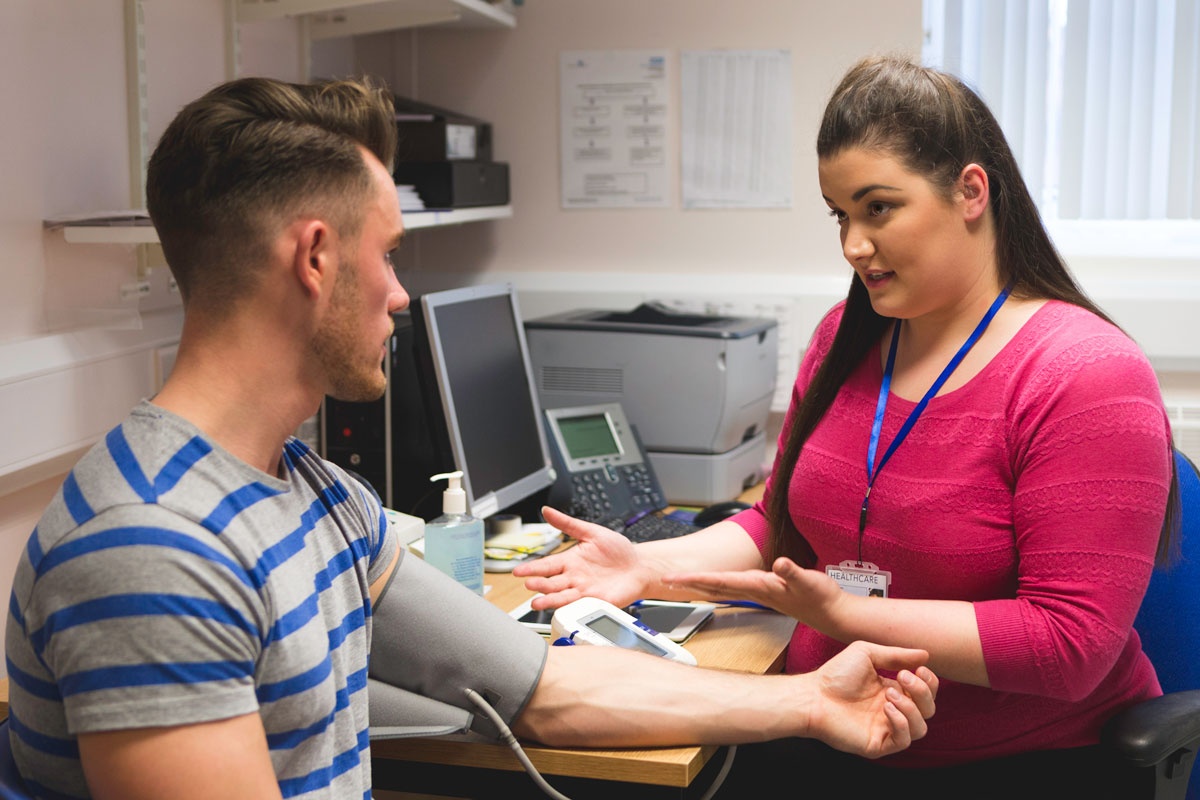
This site is intended for health professionals only

PCNs and practices were looking forward to guidance on the supervision of physician associates (PAs) in primary care and it has arrived from a curious source, the BMA, the trade union for UK doctors.
In the interim, many PCNs and practices have been developing their own organisation specific policies and protocols. However, with the increased focus on the PA role and the serious incidents reported in the national media, there is increased scrutiny on whether the role is supported safely, and this is rightly the case.
In fact, most GPs would agree the regulation of these professionals, the development pathway and supervision provisions should have been agreed before recruiting to these roles at the start of the Network DES contract.
The issue of supervision of clinicians in primary care extends far beyond the current focus on PAs. There is a lack of recognition by the NHS system of the time and investment needed to ensure such clinical roles are successful for staff and safe for patients.
However, this appears to have been politicised by groups on social media and organisations such as the BMA to defend the interests of doctors at the expense of a vulnerable group of unregulated professionals such as PAs.
Frankly, reading the BMA MAP guidance was uncomfortable for me as a doctor as it read as heavily biased towards our profession, encroaching on an area of standard setting which seems out of the scope of a trade union.
Since then, there have been responses from various senior leaders and highlighting the divisive nature of their approach and questioning why there wasn’t wider engagement from the BMA with, for example, the Faculty of Physician Associates. There has also been a formal response letter from the Physician Associates Schools Council rejecting the guidance.
Our PCN employs several very bright and enthusiastic PAs and it has been rewarding to see their development towards becoming solid primary care clinicians over a period of time.
Yes, it has taken a lot of investment for the GPs on the team to supervise and train our PAs but the same could be said of other, more regulated, clinical groups such as paramedics and clinical pharmacists.
My colleagues and I feel that targeting PAs in this way is unethical and will harm the NHS as much as not addressing the gap in the training and recruitment of GPs and practice nurses.
In my opinion, some of the vilification seen on social media is completely unacceptable and widens this divide within the multidisciplinary team.
I hope the GMC, NHS England, the Faculty of Physician Associates and the Royal College of Physicians expedite their supervision guidance to mitigate some of the damage done by the BMA.
This will also give practices and PCNs a much-needed framework to work within and address the anxieties of supervising clinicians. There is clearly work to be done but perhaps we can try and not turn on each other in the interim. We should be better than that.
The author is a PCN clinical director who wishes to remain anonymous.